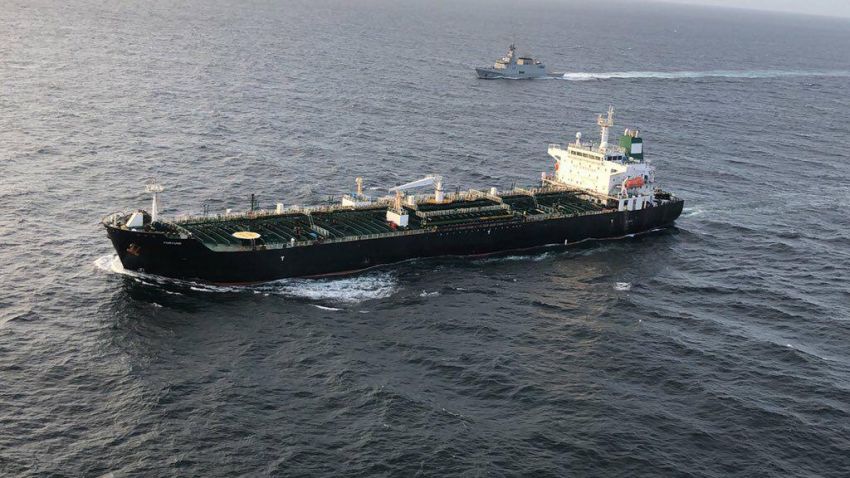
United States sanctions blocking imports of fuel, diluents and spare parts have generated widespread petrol shortages in Venezuela. Most of the country's refineries are currently out of operation.
Since 2017, President Donald Trump’s administration has imposed crushing economic sanctions against the country, including an oil embargo and a blanket ban on dealings with Venezuelan state entities.
Last year, the US cracked down on swap deals that provide Venezuela with food, fuel and other vital imports in exchange for crude oil. Such food imports are vital to maintaining the Local Committees for Supply and Production (CLAP) program, which was created in 2016 to provide basic foodstuffs to the most vulnerable people. The boxes delivered contain a range of basic foodstuffs including cornflour, cooking oil, rice, beans and pasta.
The US Treasury Department recently imposed secondary sanctions on two affiliates of Russian energy company Rosneft. Rosneft had been carrying up to 60% of Venezuela’s crude oil output in addition to supplying diesel and gasoline. The measures forced Rosneft to liquidate its Venezuela activities and transfer its assets to a Russian state-owned company.
Following Rosneft’s departure, the country turned to Iran to provide fuel as well as technical assistance to reactivate Venezuela’s largest refinery.
In May, Iran dispatched five tankers carrying an estimated 1.53 million barrels of petrol and diluents to Venezuela, in defiance of US threats. On June 22, another Iranian cargo ship docked in Venezuela, carrying food to supply the first Iranian supermarket in the country.
In 2017, Trump signed a decree prohibiting the Venezuelan government and PDVSA, the state oil company that generates 98% of Venezuela’s income, from being able to acquire new debts.
Last year, the Bank of England seized US$1.2 billion worth of gold belonging to the republic, while Belgium-based financial services company Euroclear seized $1.6 billion destined for importing food and medicines. The US also expropriated Citgo, PDVSA’s US subsidiary, resulting in a loss of $7 billion in assets and more than $11 billion in lost trade. These actions amounted to losses of about $21 billion.
The US-based Centre for Economic and Policy Research released a report last April, finding that US sanctions against Venezuela have been responsible for as many as 40,000 deaths in the country between 2017 and 2018.
In February, the Maduro government referred a request to the International Criminal Court to investigate the US for alleged crimes against humanity committed against Venezuela as a result of its “unlawful coercive measures” imposed on the country since 2014.